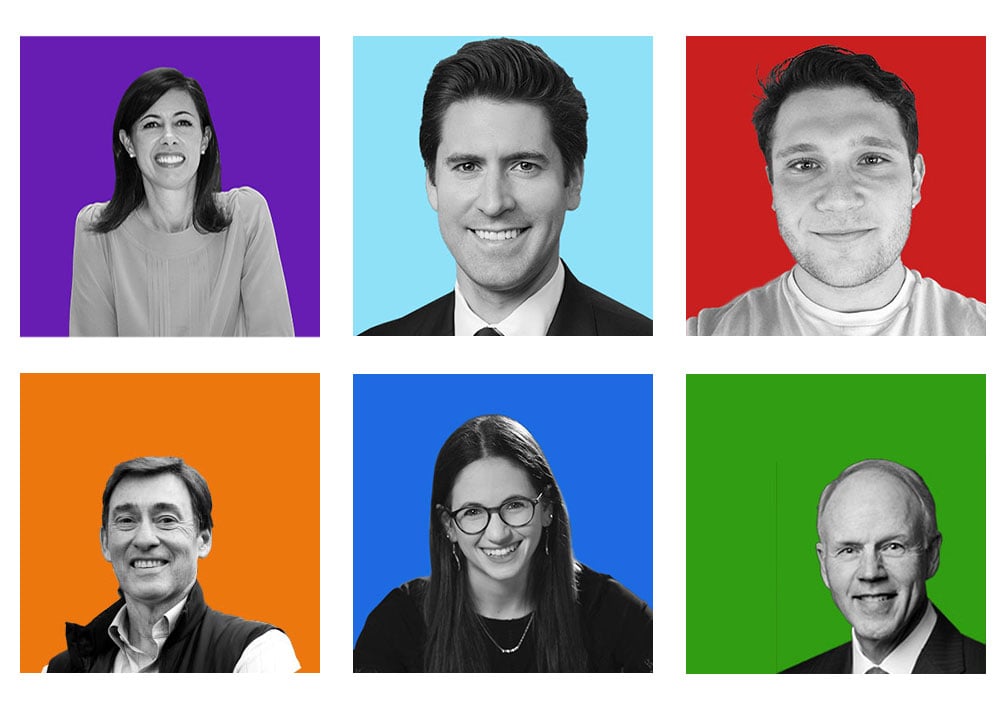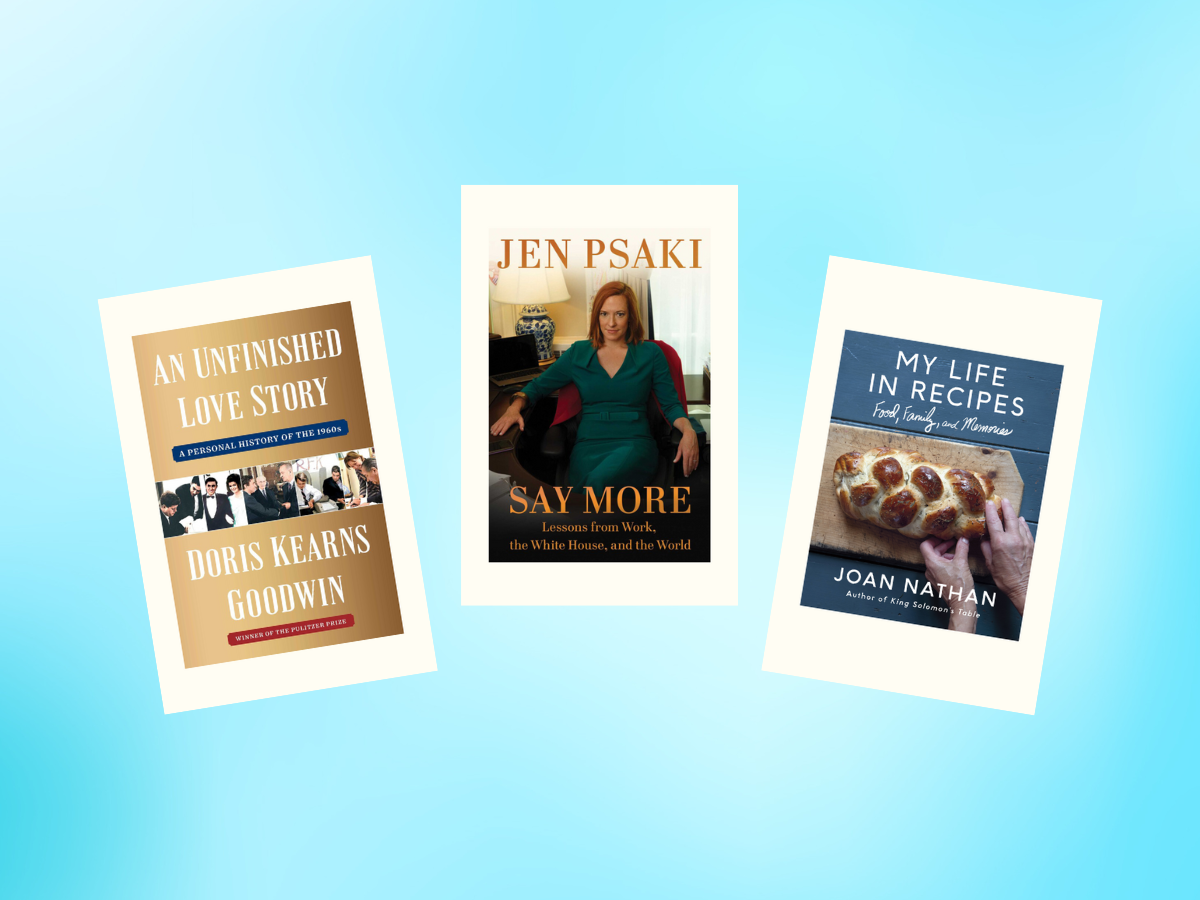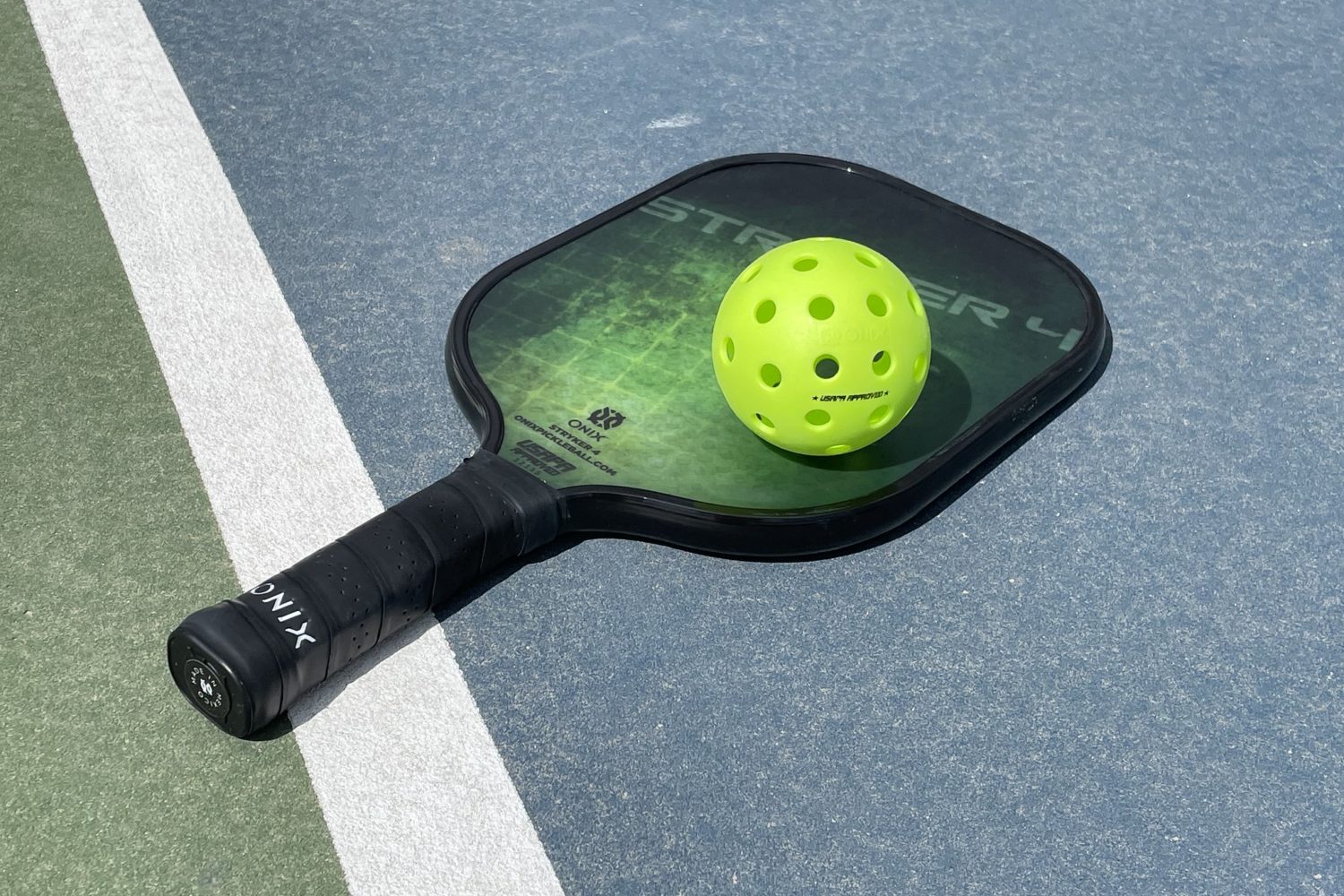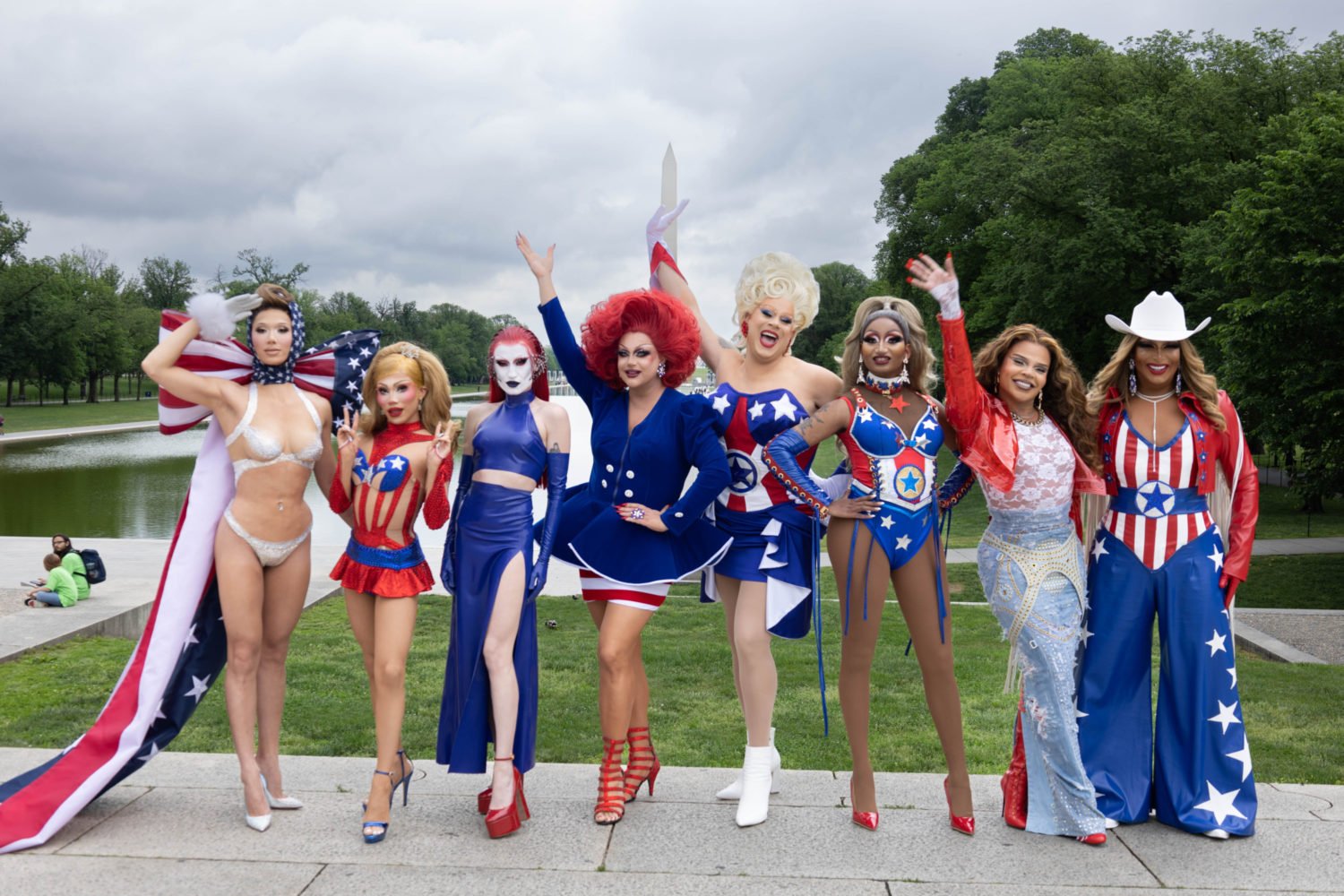Jessica Rosenworcel, 47
First Gen X commissioner of the FCC
“I think what’s unique about our generation of policymakers is that our adult lives are bisected by the internet age—we’re young enough to appreciate the essentials demanded by our digital world but old enough to do something about it. When I was in school, getting things done required a paper and pencil. Today, seven in ten teachers assign homework that requires internet access, even though 12 million students struggle without internet access—what I call the ‘homework gap.’ That gap didn’t exist when I was growing up. A high-school football player in New Mexico told me that after games he sits in the school parking lot with a laptop, the only place he can get a wireless signal for his homework. Kids in Texas once told me they did their assignments at a fast-food restaurant because it offered free wi-fi. I do think this next generation has grit—more than I did when I was their age. But it shouldn’t be this hard to complete homework in America. I may be the first Generation X commissioner, but I hope I’m not the last to focus on fixing this gap and bridging this divide.”
Stephen Cowen, 38
First millennial to clerk for a Supreme Court justice (Anthony Kennedy)
“I think it’s hard to overstate the effect 9/11 had on some of us. It influenced my last two years of college, my ultimate decision to go to law school, and certainly my decision to join the military after clerking. I think it remains to be seen whether our generation views the law differently than the previous, though. Certainly, you’ll see attitudes toward certain issues and outcomes of cases differ. But as far as how the Supreme Court shapes future generations, you could also make an argument that Justice Scalia’s influence really starts to kick in with full force during my generation. His decisions had so thoroughly made their way into the casebooks just as we started heading to law school—just under 20 years after he’d been on the court. So the debate in Obergefell [v. Hodges, the case that legalized same-sex marriage], where Justice Kennedy and Justice Scalia differed sharply, is one that was very much alive in our generation of clerks, too.”
David Kagan, 21
Politico’s first Generation Z high-school intern
“I am slightly concerned that social media has taken precedence for the younger generation of journalists. It’s not that our generation doesn’t have the patience to write in-depth pieces. I think many believe that they’ll receive more recognition that way. . . . I was at Politico right in the middle of the 2016 campaign. The most obvious generation-al divide was rooted in our perception of the presidential candidates—there was a mutual distaste for Trump that bridges that generational divide, but a younger generation gravitated toward the far left in comparison. That difference was obvious to me.”
Tom Downey, 70
First baby boomer elected to Congress
“I was the youngest member of Congress. I was pushed off an elevator because the page said, ‘This elevator is for members only.’ On the floor of the House, Congressman [William] Barrett from Philadelphia once handed me a whole sheaf of papers and said, ‘Take these back to my office.’ I told him to go f— himself. The head page came out, and Barrett said, ‘This page just told me to go screw myself!’ The guy said, ‘This is your colleague, Mr. Downey.’ Two weeks later, he passed away. Back then, funeral arrangements were made inside the cloakroom. The head of the pages who witnessed this said, ‘As you know, the congressman passed away. He died as a result of Congressman Downey telling him to go f— himself.’ ”
Sarah Krinsky, 28
First millennial to work as a pulpit rabbi at Adas Israel, a conservative synagogue in Cleveland Park
“I do feel we’ve grown up with a more acute sense of loneliness, and grown up with a lot of different kinds of fear, than previous generations. The two things I feel define the spiritual lives of the people I work with of our generation are living post-9/11 and living in the age of tech. My generation has grown up with both of those forces grating on our souls. I think that’s driving us to a different kind of spiritual hunger than I’ve seen in my parents’ experience and generation. . . .
“The gender piece plays in here, too. . . . How many times have I been [told], especially early on, ‘Oh, I didn’t know women could be rabbis’? And that feels like a definite generational shift.”
Don Nickles, 70
First baby boomer in the Senate
“Somebody would introduce me and say, ‘He may have to be there five years before they realize he’s not a page.’ I was young, and [Indiana senator] Dan Quayle was young. It was a very significant time of change—Republicans took control of the Senate for the first time in 28 years. The fact that there’s a young kid on the block was overshadowed. . . . I was the same age as a whole lot of staffers—I was 31 when I was elected and 32 when I was sworn in—and a lot of staffers reminded me of that. Bob Lighthizer, who worked for Dole, said, ‘Who’s this guy? He’s my age!’ . . . I remember using the gym. I used to hit it fairly often. But there weren’t many people working out back then. . . . Twenty-four years later, I was [party] policy chairman and overseeing luncheons on Tuesdays. I remember all of a sudden, more and more people were checking their e-mail on whatever it’s called—a PalmPilot. ‘Oh, this is really rude—we’re trying to run the country and you’re doing your e-mail.’ Well, one of the things [the policy chair] did was review the major newspapers, scan them, and send the synopsis to each senator by 7 in the morning. It turned out to be handy if you’re presiding on the floor of the Senate and nothing is happening. Because you can’t be reading your smartphone—it’s beneath the decorum of the Senate. But you can be reviewing your papers. So it gave them something to read without anybody knowing they were catching up on the news while presiding. So yes, sometimes high tech beats low.”
This article appears in the July 2019 issue of Washingtonian.


















